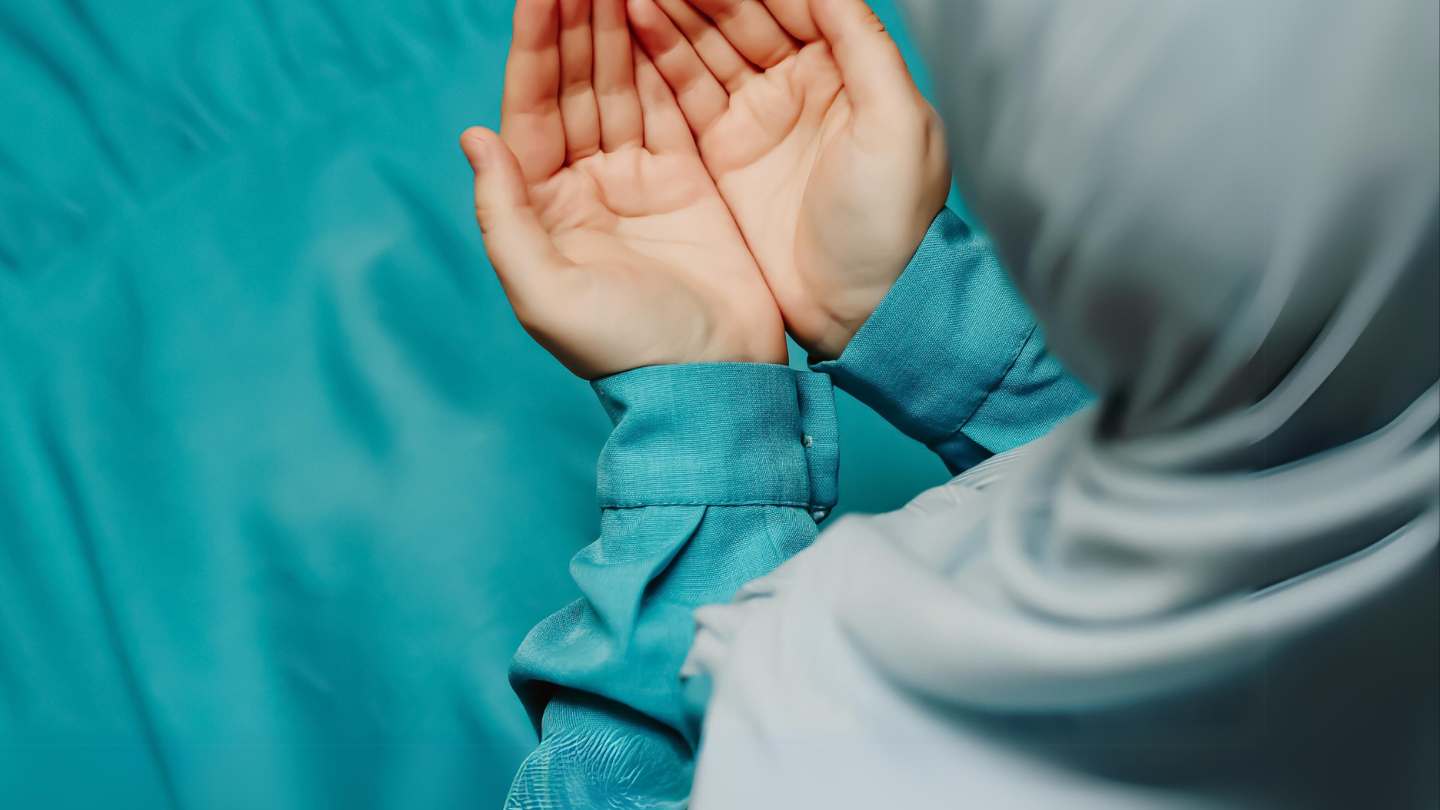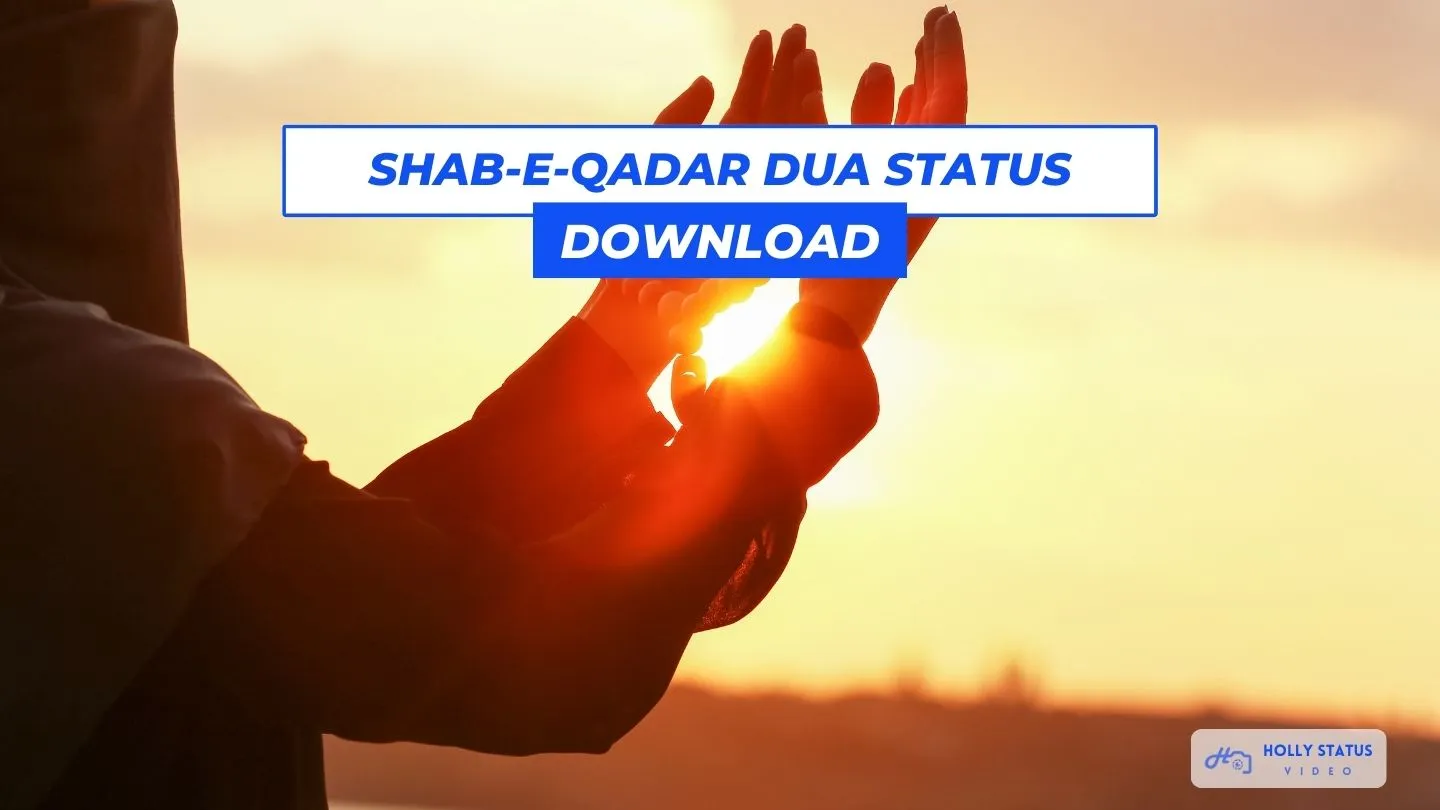Shab-e-Qadar Dua Status Download free
Shab-e-Qadar, or Lailatul Qadr, translates to the “Night of Decree” or “Night of Power.” It is one of the most revered nights in the Islamic calendar, occurring in the last ten nights of Ramadan. This night is believed to be when the Quran was first revealed to Prophet Muhammad (PBUH) by Angel Gabriel. The night is described as being “better than a thousand months” (Surah Al-Qadr, 97:3), emphasizing its immense spiritual value.
The Night of Power: What Makes It Special?
Quranic References
The Quran speaks about Shab-e-Qadar in Surah Al-Qadr, highlighting its special status. Verse 97:1-5 of the Quran describes the night’s significance and the blessings associated with it. The Quran states, “The Night of Decree is better than a thousand months” (Surah Al-Qadr, 97:3), underscoring the night’s profound spiritual value.
Hadith on Shab-e-Qadar
Several Hadiths from the Prophet Muhammad (PBUH) provide insights into the importance of Shab-e-Qadar. The Prophet said, “Seek it in the odd nights of the last ten nights of Ramadan” (Sahih Bukhari). These Hadiths guide Muslims in their quest for this blessed night and encourage increased worship and supplication.
Spiritual Significance
Shab-e-Qadar is a night when the Quran was revealed, and it is believed that on this night, God’s mercy and blessings are abundant. Muslims seek to maximize their worship and supplications during this night to gain the most spiritual benefits. It is a time for personal reflection, repentance, and spiritual renewal.
Shab-e-Qadar Dua Status Download free
Download the free Shab-e-Qadar Dua status to share with your loved ones. Find heartfelt and meaningful messages to celebrate this holy night.
When is Shab-e-Qadar?
Commonly Observed Dates
Shab-e-Qadar is believed to fall on one of the odd nights during the last ten days of Ramadan, with many Muslims observing it on the 21st, 23rd, 25th, 27th, or 29th night. The exact date is not specified, which adds to the significance of searching for it during these nights.
The Last Ten Nights of Ramadan
The last ten nights of Ramadan are considered especially auspicious for worship and seeking forgiveness. Muslims are encouraged to increase their devotion and seek out Shab-e-Qadar during these nights to maximize their spiritual benefits.
Dua for Shab-e-Qadar
Importance of Dua
Dua, or supplication, is a central aspect of worship during Shab-e-Qadar. It is a time to ask for forgiveness, seek guidance, and make heartfelt requests. The night is believed to be particularly potent for prayers, with the likelihood of them being accepted higher than on other nights.
Key Duas for the Night
Here are some important Duas to recite during Shab-e-Qadar:
- Dua for Forgiveness: “Allahumma innaka ‘afuwwun, tuhibbul ‘afwa, fa’fu ‘anni” (O Allah, You are Pardoning and You love to pardon, so pardon me).
- Dua for Blessings: “Allahumma barik li fi shahr Ramadan” (O Allah, bless me in the month of Ramadan).
- Dua for Guidance: “Allahumma ihdini wa rzuqni wa ‘afini” (O Allah, guide me, provide for me, and grant me health).
How to Perform Dua on Shab-e-Qadar
Best Practices
To make the most of Shab-e-Qadar, Muslims should focus on sincerity and devotion in their prayers. Engage in extended worship, recite the Quran, and seek forgiveness. Ensure that your heart is focused on God and your requests are sincere.
Recommended Times
The most recommended times for performing Dua during Shab-e-Qadar are during the night, particularly in the last third of the night, and during the last ten days of Ramadan. It is believed that prayers made during these times are more likely to be accepted.
Additional Prayers and Supplications

Dua for Forgiveness
Forgiveness is a central theme of Shab-e-Qadar. Use this time to seek Allah’s forgiveness for past sins and make sincere repentance. The Dua, “Allahumma innaka ‘afuwwun, tuhibbul ‘afwa, fa’fu ‘anni,” is especially recommended.
Dua for Prosperity and Success
Ask for success in your personal and professional life. Prayers such as “Rabbi zidni ‘ilman wa rizqan tayyiban” (My Lord, increase me in knowledge and provide me with good sustenance) can be recited.
Special Acts of Worship
Recitation of the Quran
Reciting the Quran is highly encouraged during Shab-e-Qadar. The night’s significance is tied to the Quran’s revelation, so engaging with its verses is a way to honor the occasion.
Night Vigil (I’tikaf)
I’tikaf, or the spiritual retreat in the mosque, is a practice that some Muslims undertake during the last ten nights of Ramadan. It involves dedicating oneself to worship and prayer, enhancing the spiritual experience of Shab-e-Qadar.
Charity and Good Deeds
Engaging in acts of charity and good deeds is highly recommended. Giving to those in need, helping others, and performing acts of kindness are all ways to earn blessings during Shab-e-Qadar.
Common Mistakes to Avoid
Misconceptions about Shab-e-Qadar
Avoid misconceptions about the exact date of Shab-e-Qadar. Instead of focusing on a specific date, seek it earnestly throughout the last ten nights of Ramadan.
Avoiding Unnecessary Distractions
Minimize distractions and focus on worship during this sacred time. Turn off electronic devices and dedicate your time to prayer, reflection, and seeking forgiveness.
Benefits of Observing Shab-e-Qadar
Spiritual Rewards
Observing Shab-e-Qadar with sincerity and devotion brings immense spiritual rewards. It is a time for purification, spiritual renewal, and drawing closer to Allah.
Personal Reflections and Growth
The night offers an opportunity for personal reflection and growth. Use it to evaluate your spiritual journey, set new goals, and commit to positive changes in your life.
Incorporating Shab-e-Qadar into Daily Life
Making Dua a Habit
Incorporate the practice of making Dua into your daily routine. Regular supplications and prayers help maintain a strong connection with Allah.
Continuing Good Deeds Post-Ramadan
Carry the spirit of Shab-e-Qadar into your daily life by continuing good deeds and acts of worship. Let the positive changes inspired by this night extend beyond Ramadan.
Conclusion
Shab-e-Qadar is a night of profound significance in Islam, offering a unique opportunity for spiritual growth, forgiveness, and blessings. By understanding its importance, performing the recommended Duas, and engaging in acts of worship, Muslims can make the most of this sacred night. May this Shab-e-Qadar bring peace, joy, and spiritual fulfillment to all.
FAQs
What is Shab-e-Qadar?
Shab-e-Qadar, or Lailatul Qadr, is a highly revered night in Islam, believed to be when the Quran was revealed to Prophet Muhammad (PBUH). It falls during the last ten nights of Ramadan.
When does Shab-e-Qadar occur?
Shab-e-Qadar is commonly observed on the odd nights of the last ten days of Ramadan, such as the 21st, 23rd, 25th, 27th, or 29th night.
What are the recommended Duas for Shab-e-Qadar?
Key Duas include “Allahumma innaka ‘afuwwun, tuhibbul ‘afwa, fa’fu ‘anni” (O Allah, You are Pardoning and You love to pardon, so pardon me) and other prayers for forgiveness, blessings, and guidance.
How can I prepare for Shab-e-Qadar?
Prepare by increasing your worship, engaging in prayers and recitation of the Quran, seeking forgiveness, and making sincere Duas. Focus on devotion and minimize distractions.
What are the spiritual benefits of Shab-e-Qadar?
Observing Shab-e-Qadar offers spiritual rewards, forgiveness, and a chance for personal reflection and growth. It is a night filled with blessings and divine mercy.


